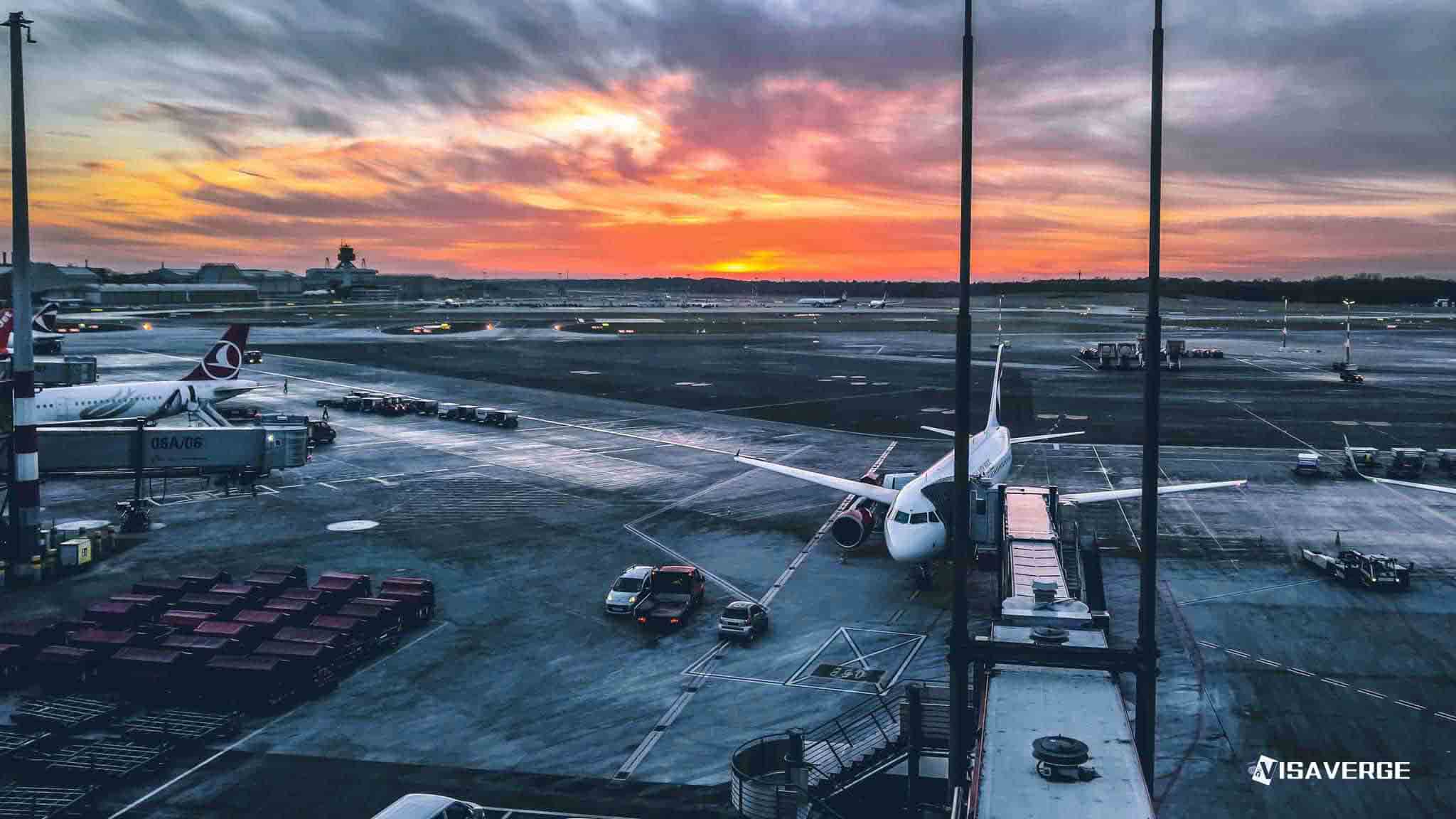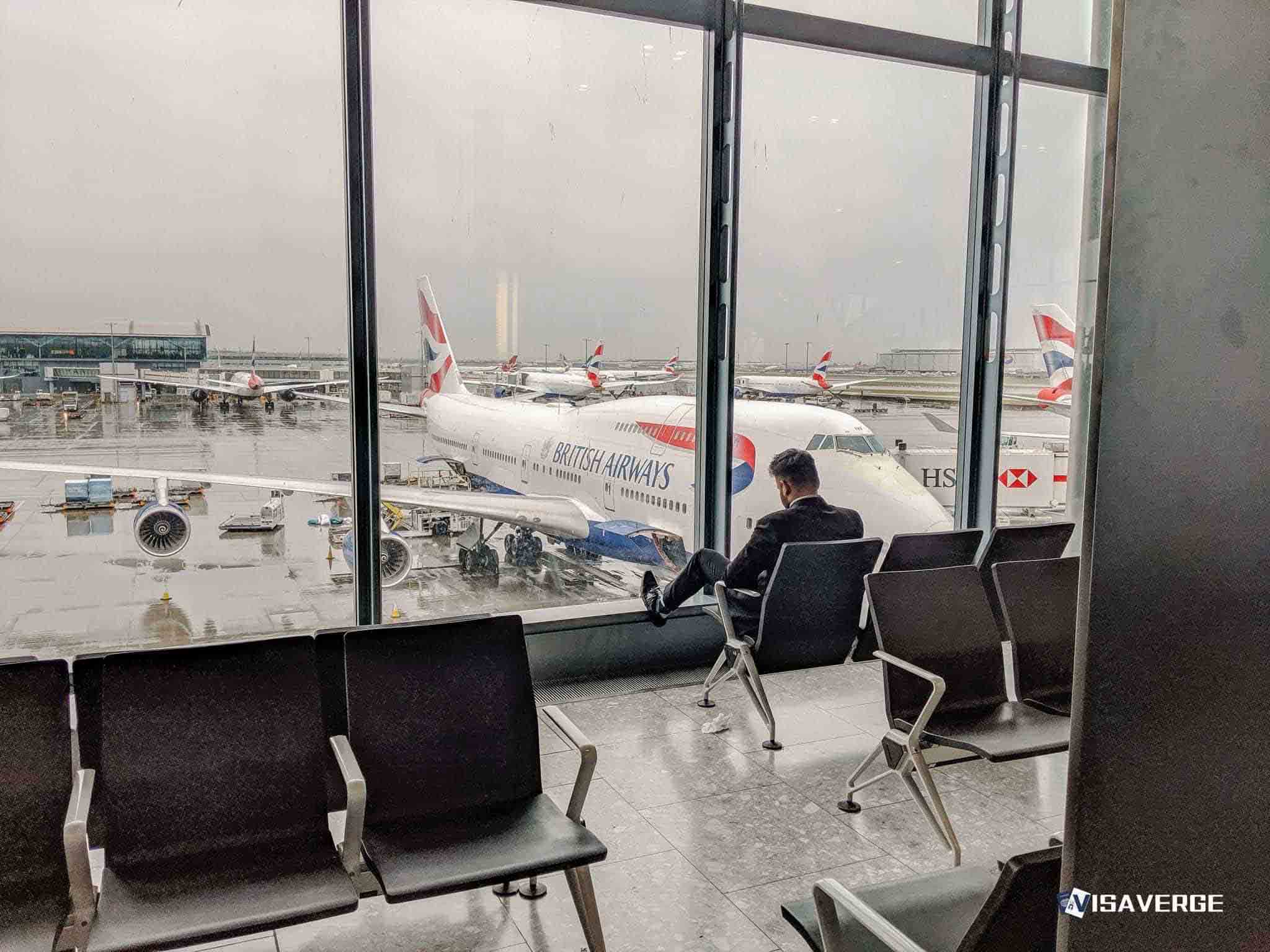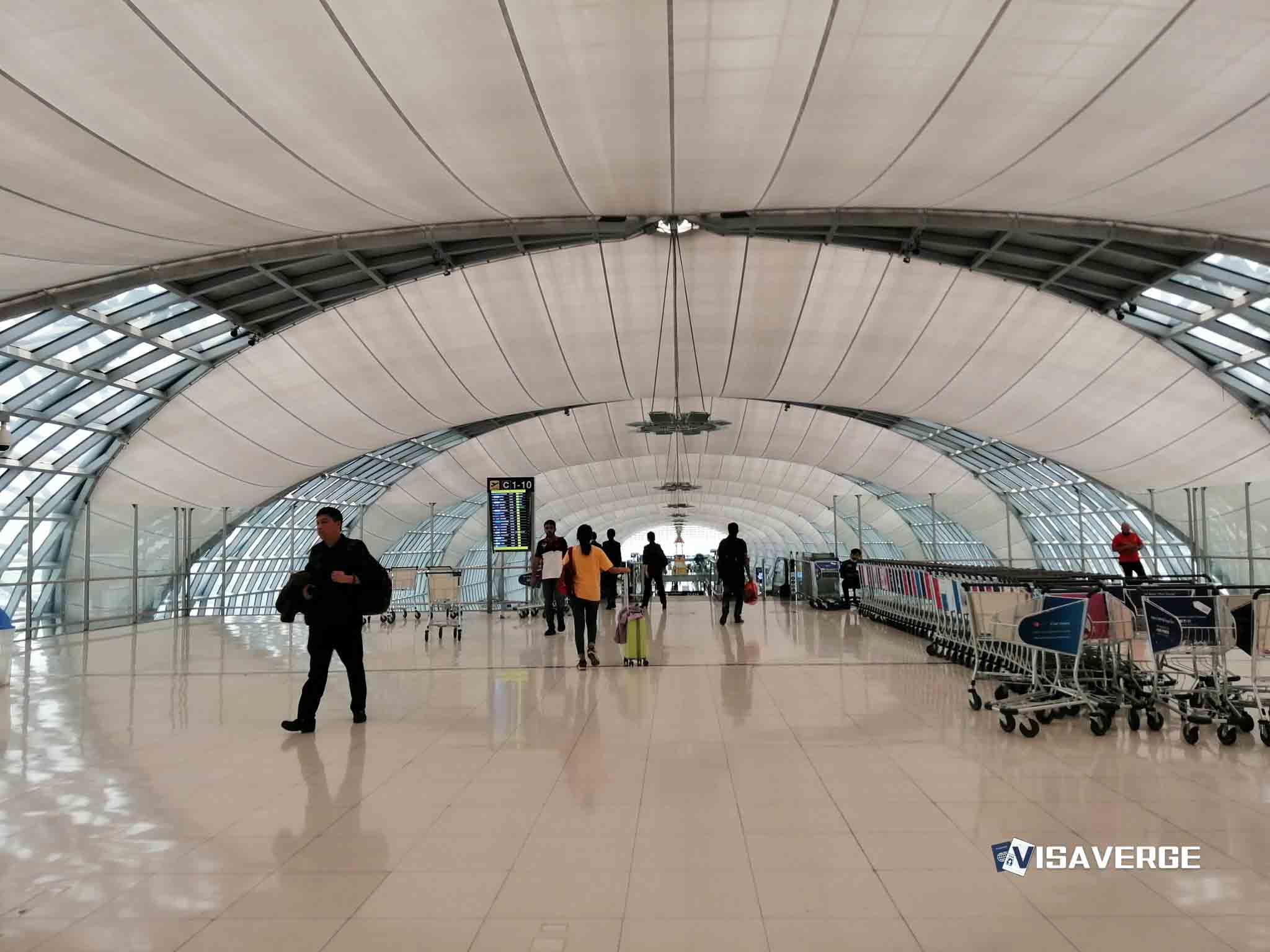More than 100 UK charities have accused the government of promoting an “immoral” policy after ministers signaled plans to require migrants, including refugees and asylum seekers, to perform what campaigners call forced volunteering. In a letter to Home Secretary Shabana Mahmood coordinated by Refugee Action, groups including Save the Children, Mind, Oxfam, Shelter, Greenpeace, and Friends of the Earth warned that making unpaid work compulsory for people seeking safety would be “exploitative” and “un-British.” They say it would undermine the basic idea that volunteering must be a free choice and risk scapegoating migrants who already face hardship, legal uncertainty, and public hostility.
Key objections from charities

- Moral and ethical concerns
- Mandating unpaid activity would cross a moral line and blur the boundary between volunteering and coerced labor.
- The coalition says “volunteering should be offered, not ordered.”
- They argue compulsion would turn a voluntary civic good into a tool of control and erode public trust.
- Practical and safety risks
- Coerced placements could expose people to unsafe conditions, harassment, or exploitation.
- Forcing participation would require monitoring, sanctions, and rules that trap people in disputes instead of helping them rebuild their lives.
- Mental health groups warn survivors of trauma may suffer setbacks if pressured to engage in activities they are not ready for.
- Impact on vulnerable groups
- Several organizations highlight increased risks for women and survivors of gender-based violence, who might face greater control or exploitation.
- People in temporary housing or on low allowances could be told to work for free while legal cases stall, fueling resentment and stigma.
Broader context and linked policies
The charities place this proposal against a backdrop of tougher immigration measures and describe it as part of a wider “hostile environment.” Examples they cite include:
- Use of hotels for asylum accommodation
- The government’s government’s Rwanda deportation policy
They argue these measures together create pressure on vulnerable people and erode safeguards that protect safety and dignity.
Language and public perception
Campaigners stress that language matters. Labeling compelled, unpaid activity as “volunteering”:
- Strips the term of its meaning
- Masks obligations imposed under threat of penalty
- Creates a slippery slope where “volunteer” shifts from a positive, voluntary act to a requirement for those least able to refuse
Advocacy groups point out this clash over language shapes how the public judges migrants and the rules that govern them. Analysis by VisaVerge.com indicates that control of terminology is central to the dispute.
What the charities want instead
Signatories urge the Home Secretary to abandon the compulsion plan and focus on building a fair, compassionate, and lawful asylum system. Their recommendations include:
- Abandon forced volunteering proposals.
- Provide clear information to migrants about rights and options.
- Improve case processing to deliver prompt decisions.
- Work with councils and charities to create community projects that welcome volunteers who step forward freely.
- Prioritise safety, dignity, and lawful treatment over coercion.
- Create safe routes and faster, accurate decision-making to reduce dangerous journeys and delays.
They emphasize that many migrants already volunteer when able—helping neighbours, faith groups, and local charities—but choice must remain theirs. Turning goodwill into an order, they argue, would backfire and deepen mistrust.
Human rights, civic tradition, and legal concerns
- The groups tie their criticisms to human rights standards and the UK’s tradition of civic life based on consent and community spirit.
- They warn forced volunteering would be inconsistent with that tradition and could widen social divisions.
- Several signatories stress that compulsion could mirror past abuse for survivors of gendered violence by removing agency at a critical time.
Practical obstacles and unintended consequences
- Enforcement would necessitate monitoring and sanctions, likely increasing disputes with officials.
- Tying access to support to unpaid work could push people toward hidden work or exploitation.
- Housing and welfare charities say this approach risks making already precarious people even more vulnerable.
Official guidance and the campaigners’ view
For those seeking rules, the government’s official guidance on claiming asylum is available: https://www.gov.uk/claim-asylum. Campaigners say policy must move beyond paperwork and center on dignity, not pressure.
“Volunteering should be offered, not ordered.”
This quote encapsulates the coalition’s core demand for choice, consent, and humane treatment.
Current status and likely implications
- Officials have not released the final scope of the proposal.
- The Home Office has not issued a detailed public statement in response to the letter.
- The charities’ message is unified: forced volunteering is wrong in principle, risky in practice, and unnecessary because many migrants already want to help their communities voluntarily.
Whether ministers shift course will indicate how the United Kingdom balances control against consent in the months ahead. The charities aim to close the door on compulsion and push for policies that protect rights, comply with the law, and support integration through voluntary participation.
This Article in a Nutshell
Over 100 UK charities, coordinated by Refugee Action, have accused the government of proposing an immoral policy to require migrants, including refugees and asylum seekers, to undertake unpaid mandatory volunteering. Major groups warn compulsion would blur volunteering and coerced labour, risk unsafe placements and retraumatization, and deepen public hostility. They call for abandoning the proposal, improving case processing, providing clear rights information, creating voluntary community opportunities, and prioritising dignity and legal safeguards.







